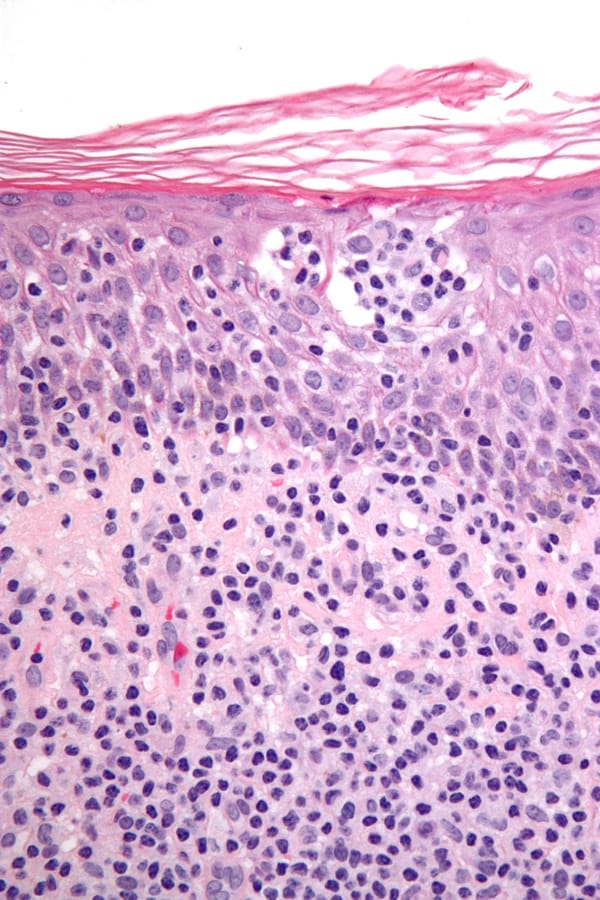Mother’s smoking during pregnancy changes baby’s DNA

Smoking in pregnancy damages an unborn baby’s DNA – increasing its risk of smoking-related conditions in adulthood and a premature death, new research has found.
The study serves as a caution for mother smokers, more than half of whom continue during pregnancy, say scientists.
Mother’s smoking changes chemicals in their baby that turn genes on or off – making the baby prone to illnesses seen in adult smokers.
Known as ‘epigenetic tags’ these changes can lead to obesity, cardiovascular disease, diabetes and cancer.
The study, led by scientists at Imperial College London and the University of Oulu in Finland, analysed data from more than 18,000 people across the world – including the UK, US and Australia.
Their findings published in the Lancet’s journal EBioMedicine show for the first time how it impacts on the development of disease through life and how smoking during pregnancy damages the baby’s DNA in the womb without changing the genetic ‘code’ itself.
Instead, smoking can add or remove chemical groups attached to the outside of the DNA – called ‘epigenetic’ tags, like chemical sticky notes, through a process called DNA methylation. These changes can alter how certain regions of DNA are read and copied, so affect the activity of key genes.
“Our study shows compelling evidence that changes in epigenetic markers may persist over the lifetime of an individual,” said Professor Marjo-Riitta Jarvelin, from Imperial’s School of Public Health, and who led the research group.
Smoking during pregnancy can lead to premature birth and low birth weight, as well as predisposing the child to higher risk for cardio-metabolic risk factors in later life.
But the exact mechanisms underlying these longer-term effects were unclear.
Yet despite the known risks, it is estimated 53% of women who smoke daily continue to smoke during pregnancy.
Professor Jarvelin added: “These findings are important for health policy makers to further draw attention towards increasing awareness on smoking cessation programs and for better prevention strategies in maternity clinics and health centres.”
Her team focused on methylation of a gene called GFI1, known to be linked with smoking.
Using data from 22 population-based studies from Europe, the US and Australia, the team looked at the link between maternal smoking and epigenetic changes in a number of regions of the gene.
They identified lower DNA methylation of GFI1 in those who smoked or whose mother smoked while they were pregnant.
According to the researchers, these epigenetic changes are associated with increased body mass index (BMI), blood pressure and blood lipids levels in adulthood.
This means exposure to cigarette smoking in the womb ultimately increases a person’s risk for a range of health conditions in adulthood, including diabetes, heart disease and stroke.
Priyanka Parmar from the University of Oulu, said: “Such epigenetic loci might serve as objective biomarkers of past environmental exposures that could be used for preventive health measures. This discovery provides a strong foundation for further work to unravel emerging smoking epigenetic markers with downstream detrimental health outcomes.”
Cigarette smoking accounts for an estimated six million deaths each year and even former smokers are at long-term risk of cardiovascular diseases, lung cancer and stroke.
The study highlights an underlying epigenetic component for maternal smoking exposure and disease risk. But the size of the effect is unclear.
The team now hopes to explore more genetic regions linked with maternal smoking exposure and disease risk. Their work focused on just six genetic markers out of a potential 6,000.








